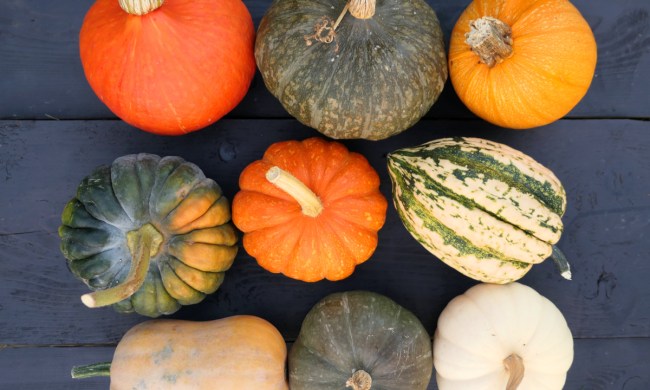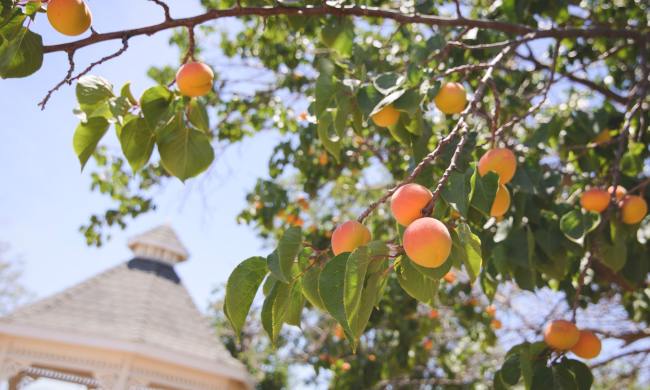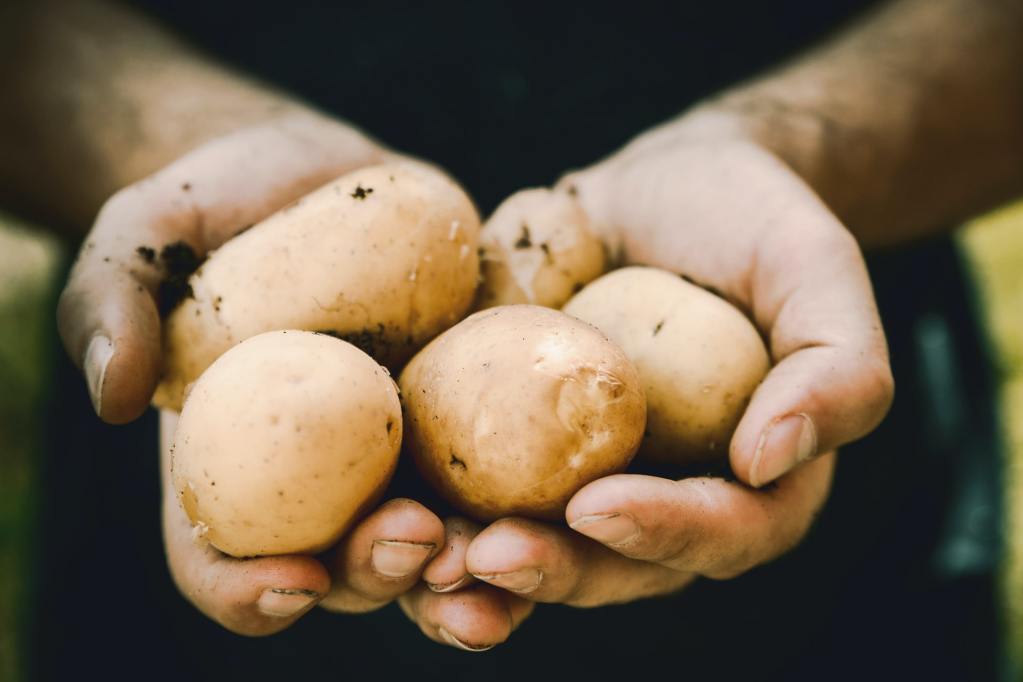
Growing potatoes by yourself is easy and effective. The only things you really need are seed potatoes and dirt. This makes potatoes a popular garden staple, especially for beginner gardeners who may not feel confident enough to grow more finicky plants. The fact that potatoes are incredibly versatile and delicious makes them appealing as well.
If you’re looking to start your own potato garden, you’ll need to know where to find seed potatoes. This guide will answer all your questions about finding seed potatoes and how to make sure your seed potatoes are top-notch choices. Let’s dig in and find some potatoes for you.
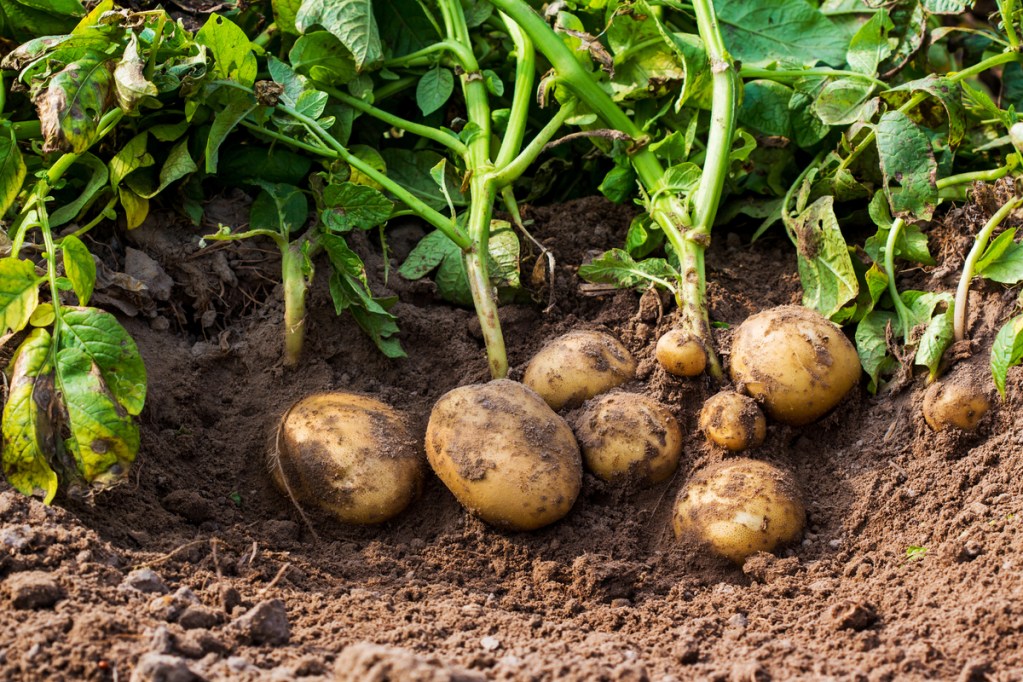
What are seed potatoes?
Let’s first start off by understanding what seed potatoes are. The name “seed potato” is a little misleading, as it isn’t actually a seed. Seed potatoes are tubers used to sprout new potatoes. These new sprouts will be genetically the same as the parent. However. like seeds of any other plant, the purpose of seed potatoes is for gardeners to replant them so they can produce more potatoes.
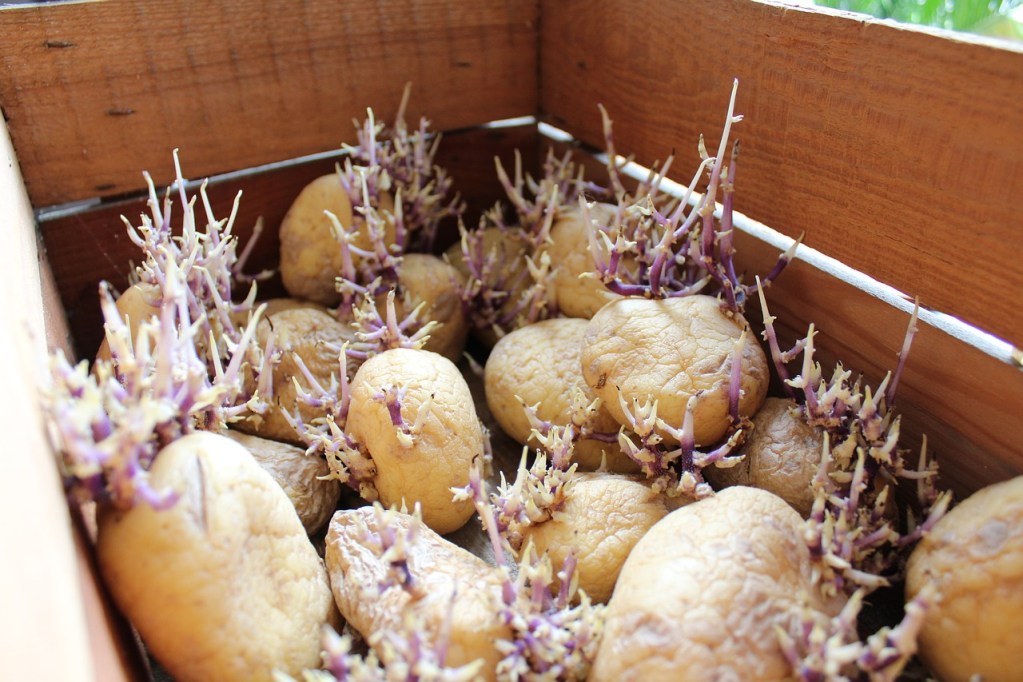
Buying seed potatoes locally
Which local places sell seed potatoes will vary depending on where you live. However, here are some key things to keep in mind when looking. Some larger retailers and chains do sell seed potatoes, which makes them relatively easy to find, but it’s also worth looking into smaller stores. The internet can be a valuable resource, but sometimes the only option is to call and ask.
When in doubt, go to the farmers market. It can be a pain to get up early, and it doesn’t always mesh with everyone’s schedule, but the farmers market is a great choice! Being able to talk with the sellers directly is invaluable, as they can answer questions you have and give you recommendations. Farmers markets and seed exchanges can also be a great way to find uncommon or heritage varieties that aren’t available at mass retailers.
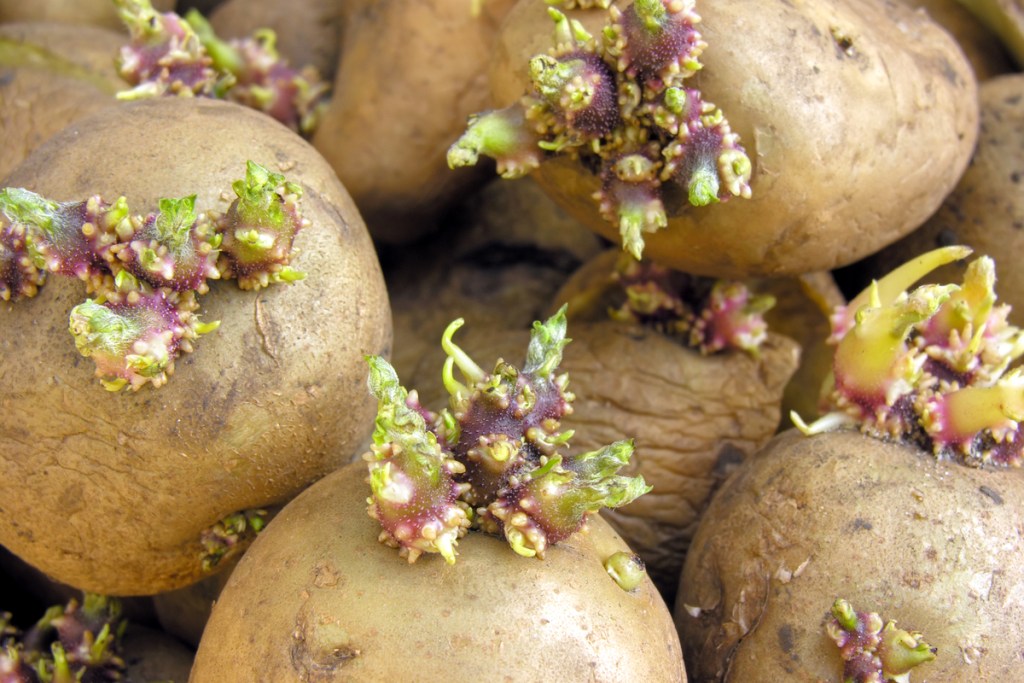
Buying seed potatoes online
The internet really does have a little bit of everything — including seed potatoes. There are plenty of online retailers, so we can’t cover them all; however, we can highlight a few tips for buying online.
Amazon has a lot of vendors, which makes it a great place to start your search for seed potatoes. An important thing to keep in mind, though, is that some vendors who sell through Amazon also have their own websites. There may be special deals on one site or the other, so it’s worth looking at both.
Of course, there are also specialty stores. A great way to start is by finding a variety of potatoes you want and searching specifically for that. Some stores, such as Gurney’s and Chatham Farm Supply, put out catalogs that can be helpful in this endeavor.
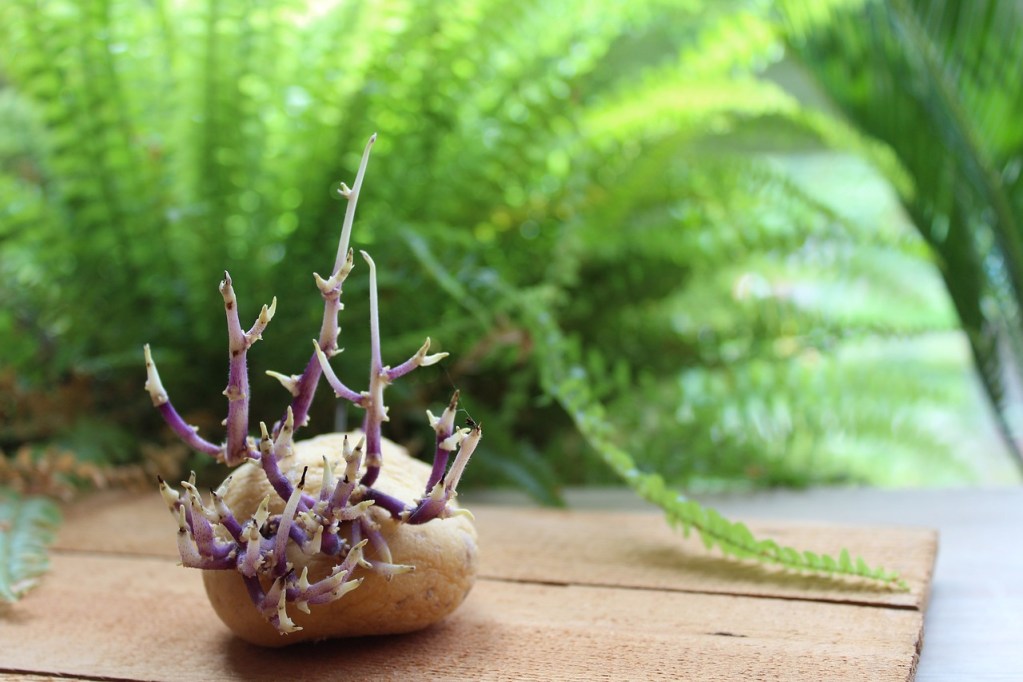
What to look for when buying seed potatoes
If you’re buying seed potatoes in person, you may want to know what to look for when picking a good seed potato. Choose a potato that is firm, with a good, even color. Look for any signs of disease or rot.
If the potatoes are already sprouting, check the health of the sprouts. You want nice, thick sprouts. If they’re thin and pale, the potato may or may not still grow into a fine plant, but those sprouts will likely break off when the potato is planted.
Finally, ask about the specific variety of potato. Does it have any specific disease resistances? Is it more resistant to heat, cold, or drought than other potatoes? What can you expect from this potato?
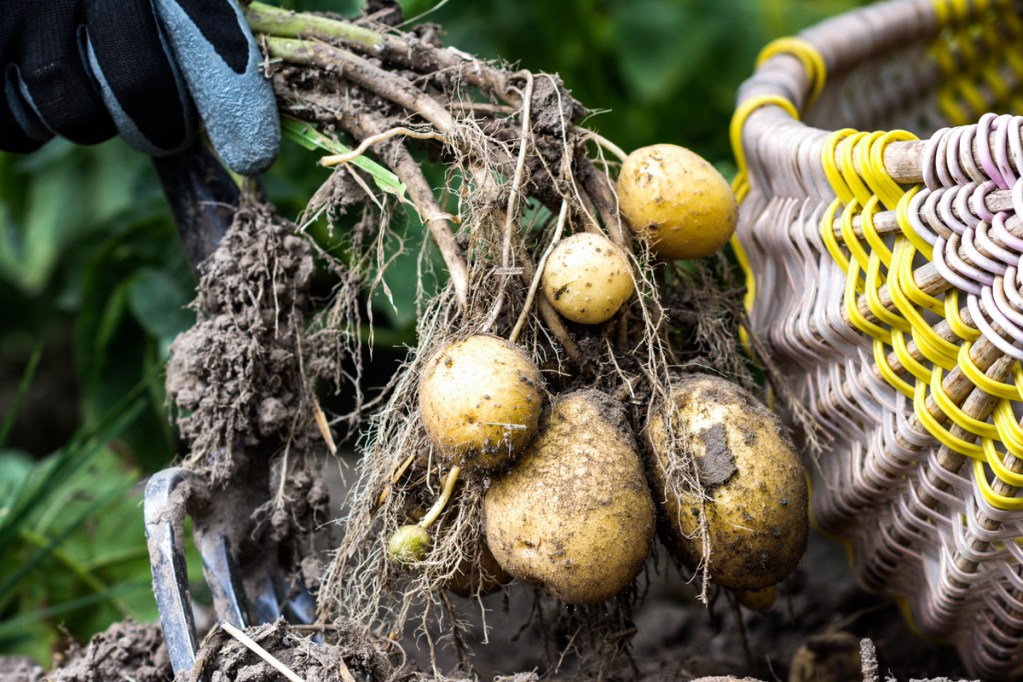
Selecting seed potatoes from your garden
When looking at your potato harvest, or even if you’ve happened to buy too many potatoes at the grocery store, you may think about leaving a few to the side and letting them sprout. Technically speaking, you can do that. Any potato will, given enough time, sprout and become a potato plant. However, here’s why that isn’t the best idea, if you have other options.
Seed potatoes are bred specifically for planting. That means they’ve been bred to have the best chance of sprouting, growing into a full plant, and producing other potatoes. They’re often given resistance to various diseases and conditions and are scientifically reliable.
Regular potatoes, whether they’re garden-grown or store-bought varieties, aren’t given quite the same treatment. They’re bred for flavor or texture and are less reliable for planting. The exception to this is heirloom or heritage varieties that haven’t changed in a long time, potentially hundreds of years, in some cases. The last time they changed was before we began growing specific potatoes for planting, so they’re good to go.
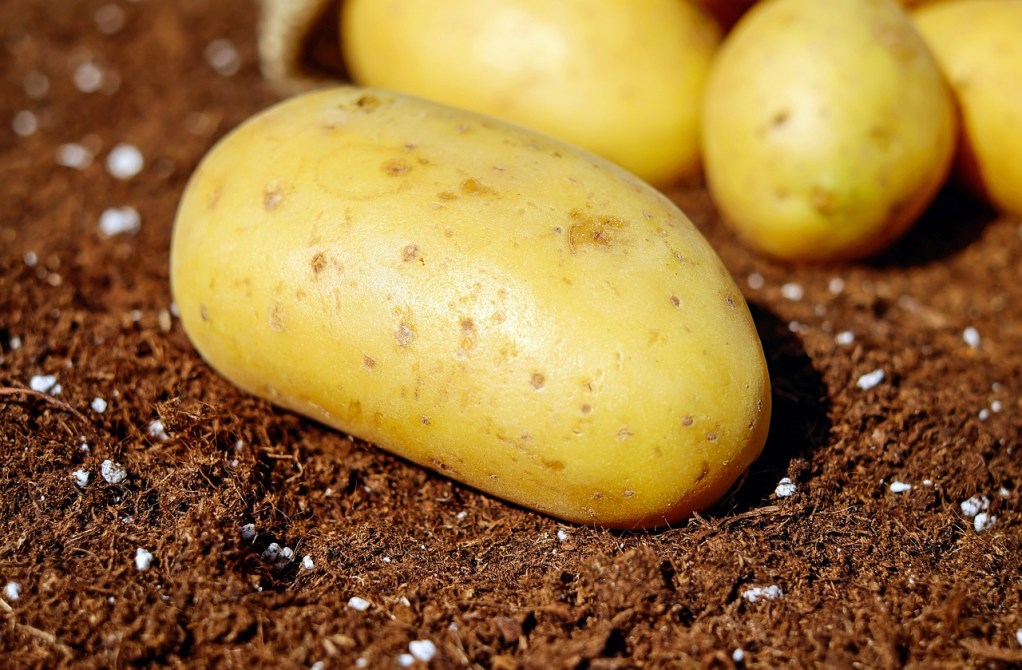
How many seed potatoes do you need?
The good news is that it takes relatively few seed potatoes to grow a large crop of potatoes. One seed potato can grow 3 to 5 potato plants, depending on its size, and each plant will produce around 9 or 10 potatoes. Using this, you can determine how many seed potatoes you’ll need based on how many people the plants will be feeding and how many meals you want to get out of your plants.
A single person who only wants a few meals or side dishes may only need 1 or 2 seed potatoes, while a larger family looking for a year-round supply of potatoes may need 1 to 2 pounds of seed potatoes. Keep in mind the size of the seed potatoes as well. A larger seed potato can be split into more parts and grow more plants than a much smaller one can.
You’re well on your way to getting seed potatoes for your garden. Just remember all these tips and you can’t go wrong. Look for firm, healthy seed potatoes, check out your local farmers market, get a catalog, and avoid planting regular grocery store potatoes that are meant for eating. Soon you’ll be able to get out in your garden and plant those seed potatoes for a bountiful harvest!
In the meantime, learn how to grow organic potatoes with our top tips!

